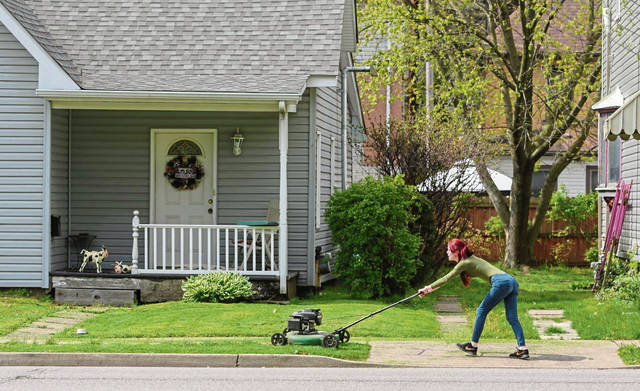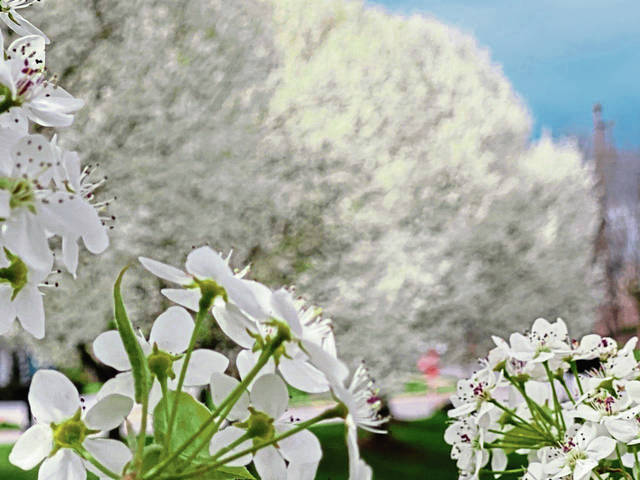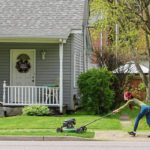For most people, opening a window or stepping outside for a breath of fresh air is a welcome respite, especially during Pennsylvania’s stay-at-home order.
But for those with allergies, pollen from trees and grass can bring misery. The allergens can cause a runny nose, malaise, watery eyes and coughing —which can also mirror some of the symptoms of covid-19.
The similarities make this allergy season particularly confusing and alarming, said Dr. Kumar Patel of Advanced Allergy & Asthma, which has offices in Tarentum, Sewickley and Cranberry. Some of the similar symptoms include coughing, wheezing and sore throats.
“We are getting a lot of calls from asthma sufferers, and they are afraid,” Patel said. “We screen them appropriately and treat a lot of them through telemedicine. There’s no longer a shortage in covid-19 testing, so if we are suspicious that they have covid symptoms, we’ll send them to a hospital for tests.”
Patel said this allergy season in Western Pennsylvania has thus far been moderate, thanks to a few colder days in April. However, patients with indoor allergies from dust mites and pet dander are on the rise with stay-at-home orders.
The tree allergy season began in March. Grass pollen season will kick in early next month and isn’t expected to tone down until July.
Dr. Pierre-Alain Dauby, an allergist with offices in Greensburg and Murrysville, said most people can get by with over-the-counter allergy medication.
”But unless you are someone who lives and experiences bad allergy symptoms, you can’t understand what it’s like and how debilitating it can be to go outside,” he said. “It can destroy a person’s quality of life.”
Dauby is practicing via telemedicine, but there are occasions when face-to-face appointments are vital, such as for those who need an allergy shot. He has temporarily moved all operations to his Murrysville office, which has a parking lot. One patient at a time enters the office for the shot and then sits in his or her car for half an hour as doctors monitor reaction.
Allegheny Health Network allergy and immunology specialist Dr. Ellen Lu said it may be difficult to distinguish how bad allergies might be this year because covid-19 is still present.
“However, allergies do not typically cause fever or body aches,” Lu said. “Most other viral illnesses last a week or two, but the coronavirus illness can be more prolonged, so this makes it harder to distinguish from allergies which may also persist for some weeks.”
Dr. Andrej Petrov, section chief of allergy in the division of pulmonary allergy and critical care medicine at UPMC, said overlapping symptoms between allergies and covid-10 can lead to confusion. The lack of a sense of smell or taste can be symptoms of both.
A high fever, generally about 101 degrees, is one way to differentiate between covid-19 and seasonal allergies. Although some allergies are known as hay fever, the fever component is generally lower.
Petrov said people experiencing typical annual allergy symptoms probably have seasonal allergies.
“If there is something atypical, you should contact your doctor to discuss it,” he said. “Virtual visits are definitely available. If you stay on top of your allergies and treat them the way you always do, they will be less likely to flare up and cause confusion.”
Either way, wearing a mask is not a bad thing.
“Wearing masks can also help decrease some exposure to inhaling pollens,” Petrov said.
Assistant News Editor Ben Schmitt contributed to this report.















